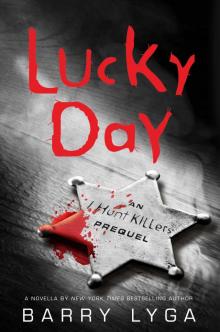 Lucky Day
Lucky Day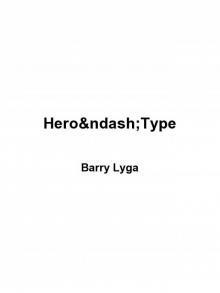 Hero-Type
Hero-Type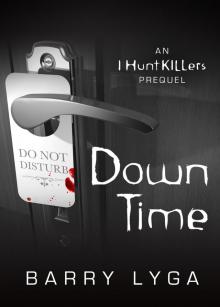 Down Time
Down Time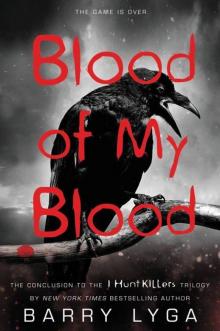 Blood of My Blood
Blood of My Blood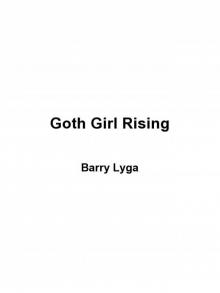 Goth Girl Rising
Goth Girl Rising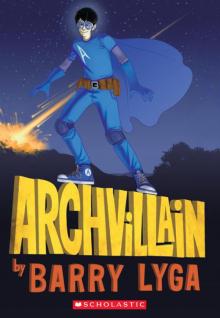 Archvillain
Archvillain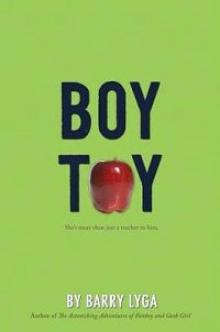 Boy Toy
Boy Toy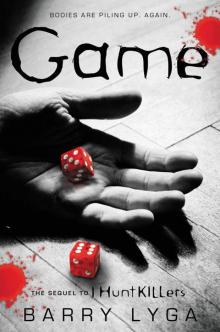 Game
Game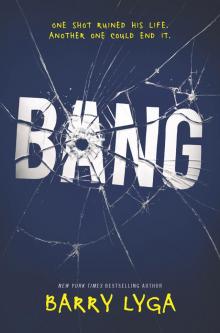 Bang
Bang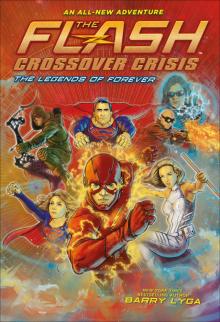 The Legends of Forever
The Legends of Forever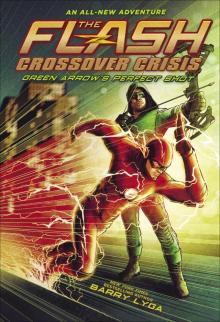 The Flash: Green Arrow's Perfect Shot
The Flash: Green Arrow's Perfect Shot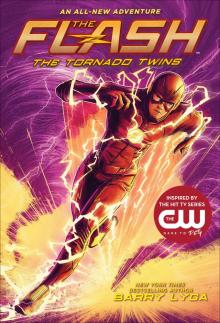 The Flash: The Tornado Twins
The Flash: The Tornado Twins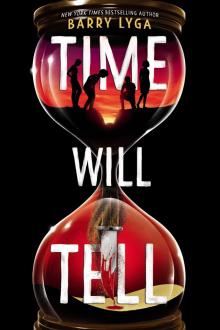 Time Will Tell
Time Will Tell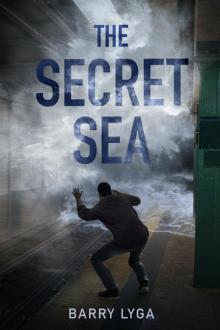 The Secret Sea
The Secret Sea The Hive
The Hive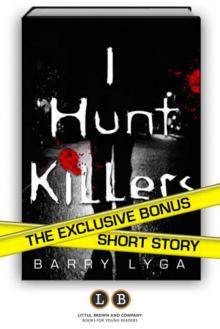 Career Day
Career Day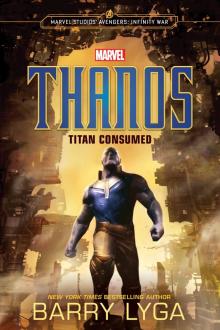 MARVEL's Avengers: Infinity War: Thanos
MARVEL's Avengers: Infinity War: Thanos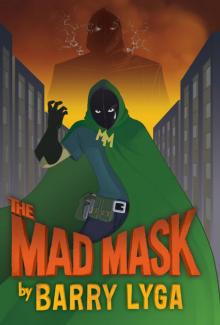 The Mad Mask
The Mad Mask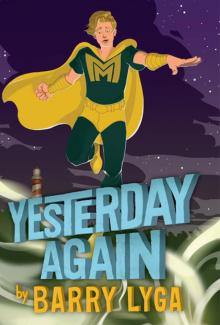 Yesterday Again
Yesterday Again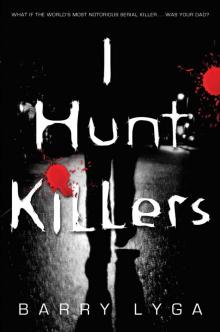 I Hunt Killers
I Hunt Killers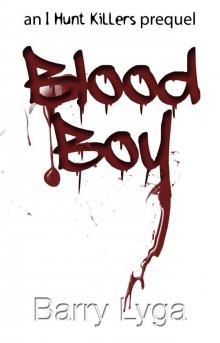 Blood Boy
Blood Boy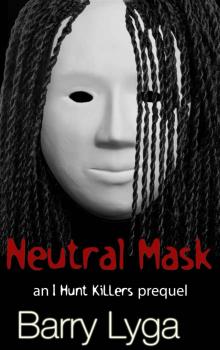 Neutral Mask
Neutral Mask The Astonishing Adventures of Fanboy and Goth Girl
The Astonishing Adventures of Fanboy and Goth Girl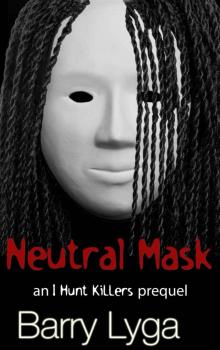 I Hunt Killers Neutral Mask
I Hunt Killers Neutral Mask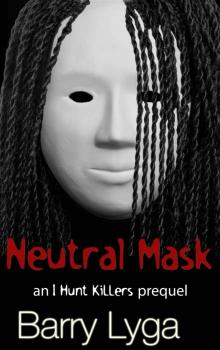 Neutral Mask: an I Hunt Killers prequel
Neutral Mask: an I Hunt Killers prequel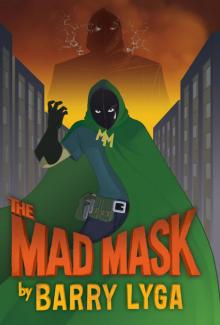 Mad Mask
Mad Mask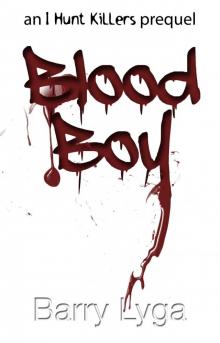 Blood Boy: an I Hunt Killers prequel
Blood Boy: an I Hunt Killers prequel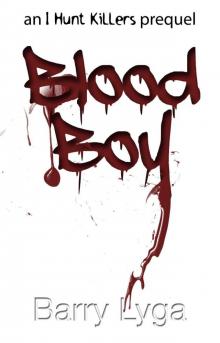 I Hunt Killers Blood Boy
I Hunt Killers Blood Boy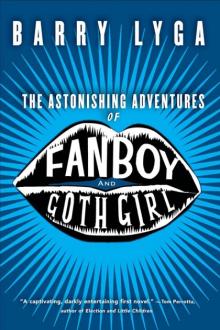 The Astonishing Adventures of Fan Boy and Goth Girl
The Astonishing Adventures of Fan Boy and Goth Girl